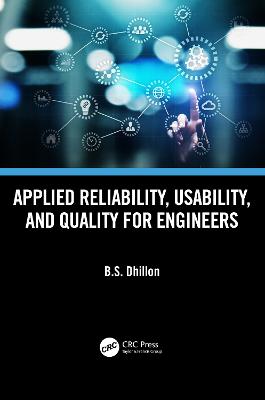Digitalization and Sustainable Manufacturing
 portes grátis
portes grátis
Digitalization and Sustainable Manufacturing
Twin Transition in Norway
Raabe, Hakon; Hinrichsen, Einar L.; Martinsen, Kristian; Dreyer, Heidi C.; Sziebig, Gabor; Holtskog, Halvor; Gulbrandsen-Dahl, Sverre
Taylor & Francis Ltd
10/2024
356
Dura
9781032693361
Pré-lançamento - envio 15 a 20 dias após a sua edição







